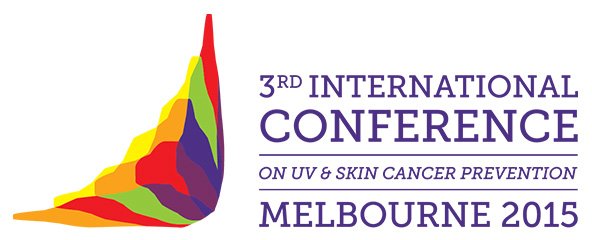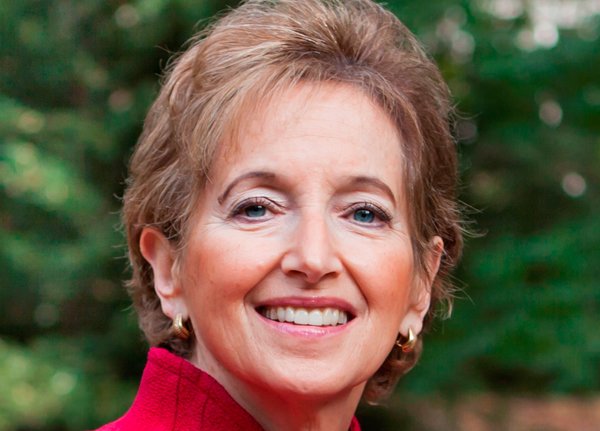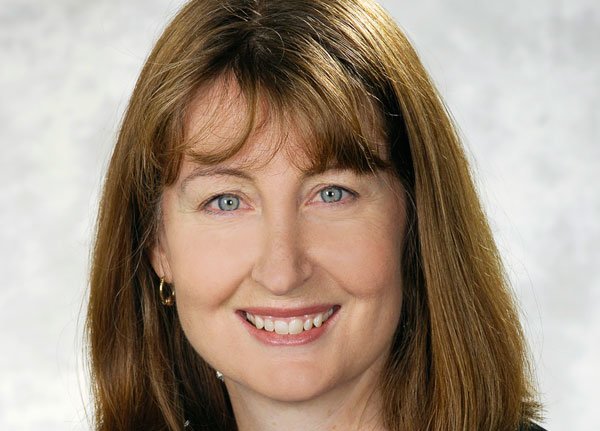10 Dec 2015
09:00 - 10:30
Zinc, Fed Square
Effectiveness of prevention
Todd Harper, CEO of Cancer Council Victoria, Australia, will chair this morning keynote and panel discussion.
Dr Karen Glanz
University of Pennsylvania, USA
Effectiveness of prevention on melanoma and non-melanoma reduction
- What does the existing evidence tell us about the effectiveness of skin cancer prevention programs in reducing melanoma and non-melanoma rates long term?
- What have we learnt in terms of the potential for skin cancer prevention programs to have an impact on reducing skin cancer rates and motivating long-term behaviour change?
- What have we learnt about what can work to motivate behaviour change in a range of settings e.g. schools, workplace, young people, population at large?
- Which countries/jurisdictions have shown promise in delivering skin cancer prevention programs that have had an impact on modifying behaviour and attitudes in relation to sun seeking or indoor tanning behaviour?
- How can skin cancer prevention programs sustain relevance in the eyes of governments given so many competing demands?
PDF of Dr Glanz’s presentation
Dr Louisa Gordon
Griffith University, Australia
Economics of skin cancer prevention
- Do investments in skin cancer prevention, either through broad social marketing programs and/or regulations to restrict sunbed use, bring tangible benefits back to government?
- How do investments compare by country with high UV levels compared to low?
- How do investments in skin cancer prevention compare to the costs of skin cancer treatment and other public health investments in terms of economic benefits?
- If we are to make investments in skin cancer prevention, where are the biggest and more immediate returns – tackling the young, or should we be investing more with older adults?
PDF of Dr Gordon’s presentation
Professor Melanie Wakefield
Cancer Council Victoria, Australia
Effects of media on behaviour change
- What does the evidence tell us about the effectiveness of mass media in motivating population based behaviour change in public health today?
- What has been shown to be effective in motivating attitudes and behaviour in relation to skin cancer control?
- Of the broad range of channels available to communication (TV, radio, outdoor, print, digital etc), what is the evidence telling us in terms of which channels are the most effective and for which age groups?
- What role (if any) does the more subtle and creative promotion of messages via social media (eg: Facebook, Twitter, Instagram, YouTube) play in engaging and creating behaviour change?



